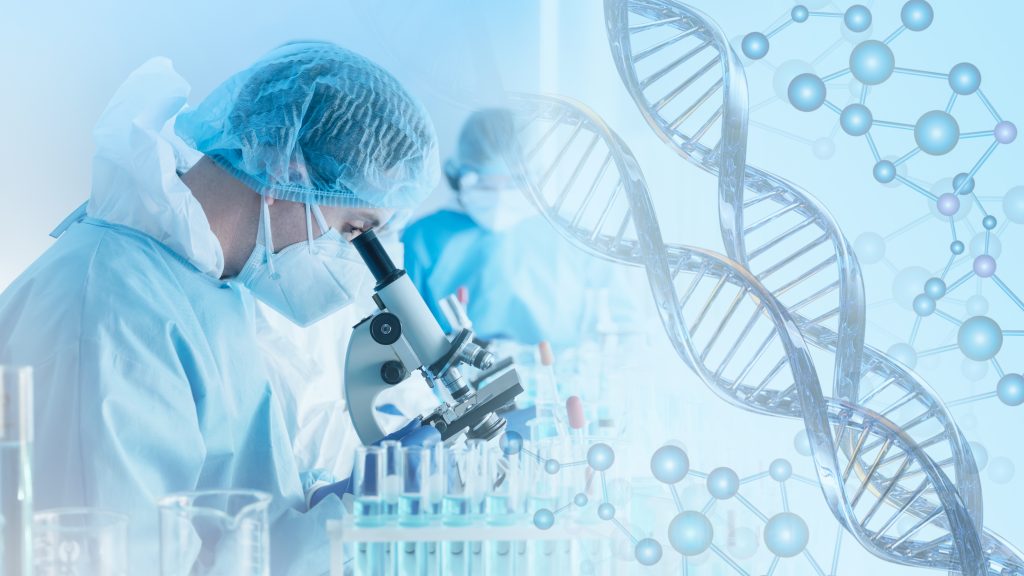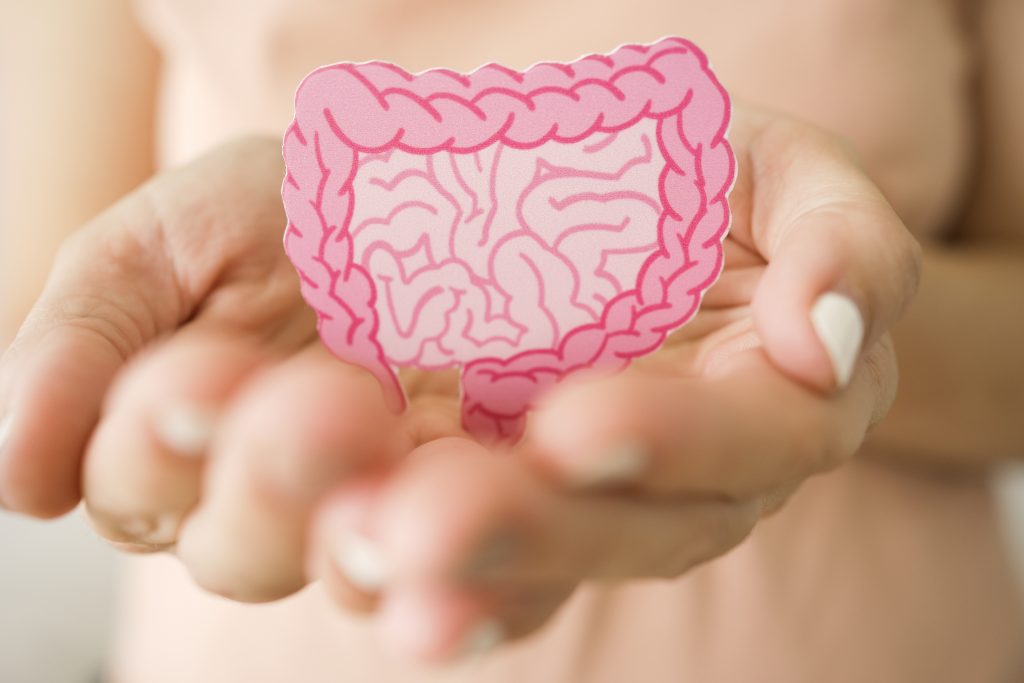Cancer treatment can be a challenging and emotionally taxing experience. Many individuals undergoing treatment may experience a range of emotions, such as stress, anxiety, and depression, which can impact their eating habits. Emotional eating, or using food as a way to cope with difficult emotions, is a common phenomenon experienced by cancer patients.
In this article, we will explore the connection between emotional eating and cancer treatment and provide coping strategies for managing this challenge. We will also highlight the importance of maintaining a balanced and healthy diet during treatment and the various resources available to support individuals and their families.
Key Takeaways
- Emotional eating is a common phenomenon experienced by individuals undergoing cancer treatment.
- Managing emotions and finding alternative ways to deal with them can help reduce the impact of emotional eating.
- Stress management techniques, maintaining a balanced diet, and involving family members in nutrition support can aid in coping with emotional eating during cancer treatment.
Understanding Emotional Eating and Cancer Treatment
Emotional eating is a common phenomenon that affects individuals undergoing cancer treatment. Eating habits are often linked to emotions, and cancer patients may experience a range of emotional triggers that can lead to unhealthy eating habits. The stress and anxiety of cancer treatment, changes in body image, and fear of the unknown are just a few examples of emotional triggers that can impact eating habits.
Coping with emotions during cancer treatment is critical to overall well-being. When left unaddressed, emotional eating can lead to malnutrition, weight loss, and other negative health outcomes. Understanding the connection between emotional eating and cancer treatment is important for developing effective coping strategies.
Recognizing Emotional Eating
Emotional eating can manifest in different ways. Some individuals may overeat in response to negative emotions, while others may restrict their food intake. It’s important to recognize the signs of emotional eating, such as eating when not hungry, eating in response to emotions rather than physical hunger, and feeling guilty or ashamed after eating.
Addressing Emotional Eating
Addressing emotional eating during cancer treatment involves developing coping strategies to manage emotions and promote healthy eating habits. This may include identifying triggers, developing alternative ways of coping with emotions, and seeking support from professionals or support groups.
Stress management techniques, such as mindfulness meditation and deep breathing exercises, can be effective in reducing stress levels and promoting relaxation. Engaging in physical activity, such as yoga or walking, can also help manage emotions and promote overall well-being.
Additionally, maintaining a balanced diet is crucial during cancer treatment. Including a variety of nutrient-dense foods, such as fruits, vegetables, lean proteins, and whole grains, can support immune function and aid in recovery. Staying hydrated and avoiding processed or sugary foods is also important.
“When left unaddressed, emotional eating can lead to malnutrition, weight loss, and other negative health outcomes.”
Family nutrition workshops and nutrition support programs can also play a valuable role in supporting individuals and families during cancer treatment. These programs can provide educational resources and guidance on developing healthy meal plans that meet individual needs.
Overall, addressing emotional eating during cancer treatment is crucial for promoting overall well-being and maintaining proper nutrition. By developing effective coping strategies and seeking appropriate support, individuals can manage emotions and maintain healthy eating habits throughout their cancer journey.
The Comprehensive Approach at Cancer Center for Healing
When it comes to cancer treatment, the Cancer Center for Healing in Irvine, CA, offers a comprehensive approach to care. This holistic center, led by Dr. Leigh Erin Connealy, emphasizes integrative medicine and personalized treatments to address the unique needs of each patient.
At the Cancer Center for Healing, the focus is on treating the whole person, including their emotional well-being. The center offers a range of services to support patients through their cancer journey, including nutrition counseling, stress management, and emotional support.
Patients can expect collaborative and individualized care at the Cancer Center for Healing. The team of experts works together to evaluate each patient’s needs and develop a personalized treatment plan to address their physical and emotional health.
Coping Strategies for Emotional Eating
Emotional eating during cancer treatment can be challenging to overcome without the right coping strategies. It is important to develop self-awareness and identify triggers that lead to emotional eating. Then, finding alternative ways to deal with emotions can help manage the urge to overeat.
Self-awareness: Paying attention to emotions and hunger cues can help distinguish between emotional hunger and physical hunger, enabling individuals to make healthier choices.
Identifying Triggers: Keeping a food diary and noting down emotions, events, or situations that evoke emotional eating can help identify triggers and develop strategies to manage them.
Alternative Coping Strategies: Engaging in activities such as reading, listening to music, or practicing relaxation techniques like yoga or meditation can help manage stress and anxiety and reduce the urge to overeat.
Additionally, counseling or support groups can provide a safe space to discuss emotional challenges associated with cancer treatment and receive support from others who are going through similar experiences.
Stress Management Techniques
Managing stress is an essential component of coping with emotional eating during cancer treatment. Here are some stress management techniques that can help:
- Mindfulness meditation: Practicing mindfulness meditation can help individuals increase their awareness of their thoughts and emotions and reduce stress levels.
- Deep breathing exercises: Deep breathing exercises can help individuals relax and reduce feelings of anxiety or stress.
- Engaging in physical activity: Engaging in regular physical activity can help reduce stress levels and promote overall well-being.
It’s important to find stress management techniques that work for each individual’s unique needs and preferences. Some individuals may find more benefit from practicing yoga or tai chi, while others may prefer to engage in creative activities such as drawing or painting. Whatever the approach, taking time for self-care and managing stress levels can have a positive impact on overall health and well-being during cancer treatment.
Maintaining a Balanced Diet
During cancer treatment, maintaining a balanced diet is crucial for supporting overall health and well-being. It can also aid in managing side effects such as nausea, fatigue, and changes in appetite.
One way to ensure a balanced diet is to incorporate a variety of nutritious foods into daily meals. This includes:
- Fruits and vegetables, which provide essential vitamins, minerals, and antioxidants.
- Lean proteins, such as fish, chicken, and tofu, which are important for maintaining muscle mass and supporting immune function.
- Whole grains, such as brown rice and quinoa, which provide fiber and energy.
- Healthy fats, such as those found in nuts, seeds, and avocado, which are important for brain function and energy.
It’s also important to stay hydrated by drinking plenty of water and avoiding sugary or caffeinated beverages.
Incorporating these foods into meals can help ensure that individuals receive the necessary nutrients to support their body’s needs during cancer treatment.
Family Nutrition Workshops during Cancer Treatment
Families play a critical role in supporting individuals undergoing cancer treatment. To ensure that loved ones with cancer receive the necessary nutrition to promote their recovery and overall well-being, the Cancer Center for Healing offers family nutrition workshops.
These workshops aim to provide education and support to families, helping them to better understand the nutritional needs of their loved ones during cancer treatment. Families will learn about crucial aspects of meal planning, such as incorporating nutrient-dense foods and understanding dietary restrictions.
The workshops also provide an opportunity for families to connect with others who are facing similar challenges, creating a supportive community. By attending the workshops together, families can work collaboratively in fostering an environment that promotes healthy eating habits for their loved ones.
Nutrition Support for Families during Cancer Treatment
Cancer not only affects the individual receiving treatment, but also their families. It can be challenging for family members to navigate their loved one’s nutritional needs during treatment. Therefore, it is crucial to provide nutrition support for families to ensure they have the knowledge and resources to support their loved ones.
Many cancer centers offer nutrition education programs to provide guidance, counseling, and resources for families. These programs may include workshops or classes that focus on topics such as meal planning, grocery shopping, and food preparation. By involving family members in the process, patients can receive the support they need to maintain a balanced diet and minimize the impact of cancer treatment on their nutritional status.
Wellness Workshops for Cancer Patients and Families
Wellness workshops are an integral part of the comprehensive approach at Cancer Center for Healing. These workshops are designed to help cancer patients and their families manage emotional and physical stress during treatment.
The wellness workshops cover a variety of topics such as stress management, healthy eating, physical activity, and emotional well-being. The goal is to provide patients and their families with tools and techniques to enhance their quality of life during cancer treatment.
The workshops are led by experienced healthcare professionals and are often tailored to meet the specific needs of cancer patients and families. The workshops are typically held in a group setting and provide a supportive, nurturing environment for patients and families to connect and share their experiences.
Overall, the wellness workshops offered at Cancer Center for Healing are an excellent resource for individuals undergoing cancer treatment. They offer practical strategies for managing emotional eating and promoting healthy nutrition, all while addressing the physical and emotional needs of patients and families.
Promoting Healthy Nutrition during Cancer Treatment
Proper nutrition is essential during cancer treatment to maintain energy levels, support immune function, aid in recovery, and reduce the risk of complications. However, many individuals undergoing cancer treatment may experience challenges in maintaining a balanced diet due to side effects such as nausea, vomiting, and loss of appetite.
Healthcare professionals, dietitians, and nutritionists play a crucial role in providing guidance and personalized meal plans to support individuals in maintaining adequate nutrition for their specific needs during treatment. They can help individuals identify appropriate foods and portions that meet their nutritional needs while also taking into consideration any side effects of treatment.
It is important to involve family members and loved ones in meal planning and preparation to ensure a supportive environment for healthy eating habits. Family nutrition workshops can provide education and guidance for families on how to support their loved ones’ nutritional needs throughout cancer treatment.
Importance of Nutrition during Cancer Treatment
Proper nutrition is crucial during cancer treatment as it can help maintain energy levels, support immune function, and aid in recovery.
It is important to address any nutrition-related concerns with a healthcare professional, dietitian, or nutritionist who can provide personalized recommendations. Proper nutrition can reduce the risk of complications and malnutrition, which can have negative impacts on treatment outcomes.
Contact Cancer Center for Healing for a Consultation
If you or a loved one is undergoing cancer treatment and struggling with emotional eating, seeking support from a comprehensive care center like the Cancer Center for Healing in Irvine, CA, can make a significant difference in your overall well-being.
To schedule a consultation with Dr. Leigh Erin Connealy and her team, please call (949) 680-1880.
Conclusion
Emotional eating during cancer treatment can be a challenging issue to manage. It is crucial to address the emotional triggers that lead to unhealthy eating habits to promote overall well-being. Coping strategies, such as self-awareness, identifying triggers, and finding alternative ways to deal with emotions, can be effective methods to manage emotional eating. Stress management techniques, maintaining a balanced diet, and seeking nutrition support for families during cancer treatment are also essential parts of a holistic approach to cancer care.
At the Cancer Center for Healing in Irvine, CA, individuals can receive expert guidance on cancer care and nutrition. Dr. Leigh Erin Connealy and her team provide a comprehensive approach to cancer care, including emotional well-being support, family nutrition workshops, and wellness workshops for cancer patients and their families. Proper nutrition during cancer treatment is vital to maintain energy levels, immune function, aid in recovery, and reduce the risk of complications.
Contact the Cancer Center for Healing to schedule a consultation and learn more about their holistic approach to cancer care and nutrition. By taking a comprehensive and holistic approach to managing emotions and nutritional needs during cancer treatment, individuals can promote overall well-being and improve treatment outcomes.
FAQ
Q: What is emotional eating and how does it relate to cancer treatment?
A: Emotional eating refers to the practice of using food as a way to cope with emotional distress. It is common for individuals undergoing cancer treatment to experience heightened emotions, which can lead to unhealthy eating habits.
Q: What are some coping strategies for emotional eating during cancer treatment?
A: Coping strategies for emotional eating during cancer treatment include practicing self-awareness, identifying triggers, finding alternative ways to deal with emotions, and seeking counseling or support groups.
Q: Are there stress management techniques that can help with emotional eating during cancer treatment?
A: Yes, stress management techniques such as mindfulness meditation, deep breathing exercises, and engaging in physical activity can help individuals cope with emotional eating during cancer treatment.
Q: How can I maintain a balanced diet during cancer treatment?
A: Maintaining a balanced diet during cancer treatment involves incorporating nutritious foods, such as fruits, vegetables, lean proteins, and whole grains into daily meals. Staying hydrated and avoiding processed or sugary foods is also important.
Q: Are there nutrition resources available for families during cancer treatment?
A: Yes, nutrition support programs and resources are available for families during cancer treatment. These can provide guidance, counseling, and information to ensure families are well-informed and able to support their loved one’s nutritional needs.
Q: Are there wellness workshops available for cancer patients and their families?
A: Yes, wellness workshops tailored for cancer patients and their families are available. These workshops cover topics such as stress management, healthy eating, physical activity, and emotional well-being, and can have a positive impact on overall quality of life during cancer treatment.
Q: How can healthcare professionals support healthy nutrition during cancer treatment?
A: Healthcare professionals, including dietitians and nutritionists, can provide guidance and personalized meal plans to support individuals in maintaining adequate nutrition for their specific needs during cancer treatment.
Q: Why is nutrition important during cancer treatment?
A: Nutrition plays a crucial role during cancer treatment as it supports immune function, maintains energy levels, aids in recovery, and reduces the risk of complications. Proper nutrition is essential for optimal treatment outcomes.
Q: How can I contact Cancer Center for Healing for a consultation?
A: To schedule a consultation, you can contact the Cancer Center for Healing in Irvine, CA, by calling [phone number]. Dr. Leigh Erin Connealy and her team provide expertise and comprehensive care for individuals undergoing cancer treatment.


















